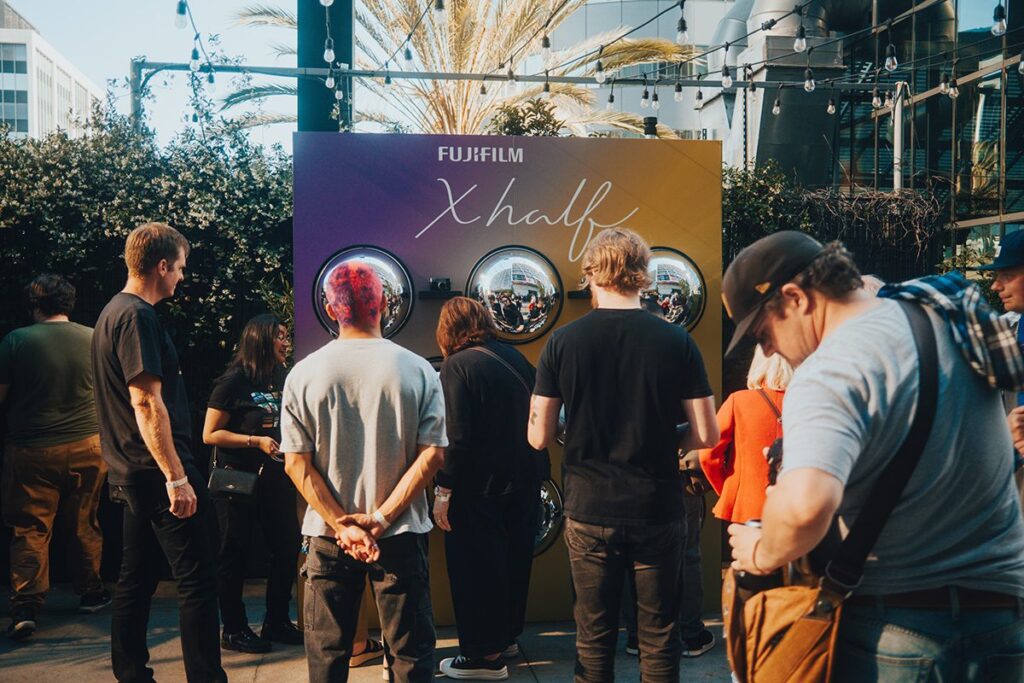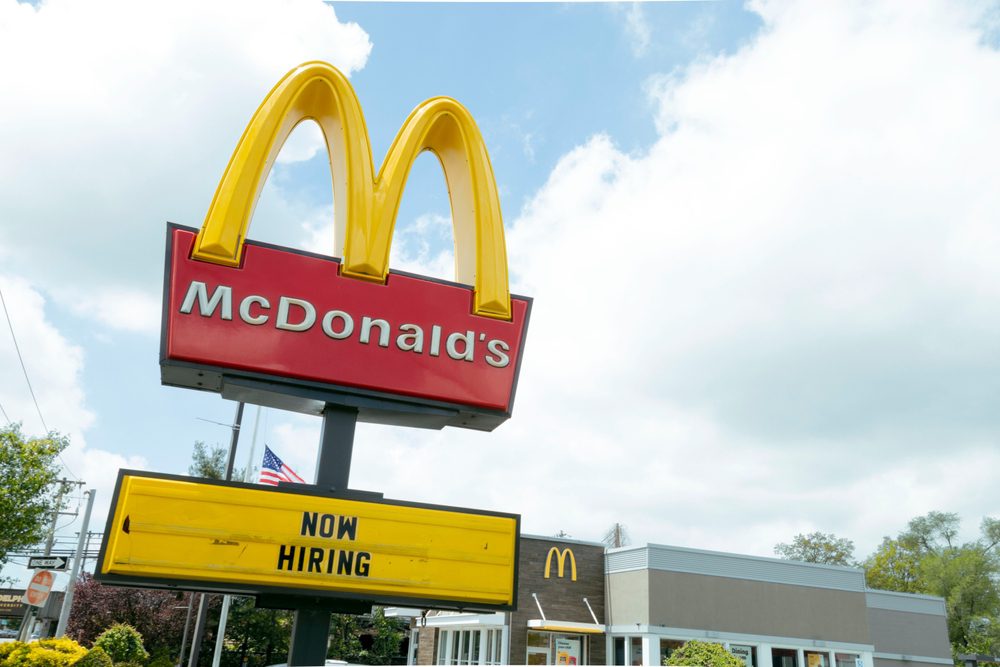Philip Morris Companies lit a fire when it turned corporate philanthropy into a $100 million ad campaign that presents its Philip Morris USA, Kraft Foods, and Miller Brewing Co. subsidiaries as good corporate citizens.
The image campaign broke in October, accompanied by a new Web site, philipmorris.com, acknowledging that “there is no `safe’ cigarette” and that “cigarette smoking is addictive, as that term is most commonly used today.”
PM combined the good deeds and tobacco messages because both are part of “a broad effort to define ourselves,” says spokesperson Peggy Roberts. “We haven’t been open about a lot, and we’re putting all the information in one place [on the Web site]. Some of it we’ve said before. It’s not all as new as people characterize it to be.”
President Clinton was among those criticizing the admission as too little, too late. For marketers, the question is whether the ad blitz will prompt consumer backlash against cause marketing. The cause strategy has become widely adopted, with total spending estimated at $1 billion, based on $630 million in sponsorship spending this year, per consultancy IEG, Chicago.
“People will get cynical about cause marketing again,” predicts Carol Cone, president of cause marketing agency Cone Communications, Boston. “Consumer cynicism has been waning because of the deep, sincere efforts by a lot of companies. Philip Morris’ campaign will erode that because it’s huge.”
Marketers normally spend $6 million to $10 million on such a campaign, Cone says. PM’s $100 million effort “imbalances good works versus shouting.”
PM donated $60 million in cash in ’98, about 0.16 percent of its $36.7 billion in North American sales. (It donated another $15 million worth of food via Kraft, and an immeasurable amount of community service hours, Roberts says.) U.S. corporations on average donate one percent of pre-tax income, according to the Council on Foundations, Washington, DC. Some, such as Target Stores parent Dayton Hudson Corp., give as much as five percent.
In fact, tobacco companies sometimes have trouble getting nonprofits to take their money. State and local 4-H chapters protested when the National 4-H Council accepted PM’s two-year, $4.3 million grant for youth anti-smoking programs in February (October promo). The Chevy Chase, MD-based council is a private-sector partner to the 3,000 state and county 4-H programs overseen by the U.S. Department of Agriculture. National 4-H Council develops programs to offer to 4-H groups. Some 4-H state boards criticized the national council for accepting tobacco company funding, but the council defends its efforts to teach kids about healthy choices, and cites PM’s plan to partner with school systems to run smoking prevention programs.
“Our partners are enthusiastic recipients,” Roberts says. “We partner with them beyond handing over a check – for instance, helping them analyze what they need most. A few states were a little standoffish about the 4-H grant, but our deal is with the national council, not the states.”
PM chose to advertise its good deeds in order to counteract criticism against tobacco marketers and watchdog group boycotts against Kraft.
“For too long we have let others define who we are. Now we will focus on getting our story out to the American people,” says vp-corporate affairs Steven Parrish in a statement. “We want a more active dialogue with others, including our critics.”
The campaign runs as the U.S. District Court in Washington, DC, considers the Justice Department’s Sept. 22 civil lawsuit against PM and other tobacco marketers to recoup some of the $20 billion the federal government spends each year on tobacco-related illnesses. Tobacco marketers settled state suits last year for a total $200 billion over 25 years.
PM also will keep its top execs on the road speaking to parent-teacher organizations, civic groups, hospital associations, and nonprofit partners about the company’s marketing programs and charitable contributions. That effort has been underway for several months.
Themed “Working to make a difference. The people of Philip Morris,” TV spots dramatize true stories from Philip Morris’s work in hunger, disaster relief, domestic violence, and curbing youth access to tobacco. One spot shows how Kraft helps food banks deliver fresh produce; another recounts how Miller bottled drinking water rather than beer in an Alabama plant to help flood victims. Leo Burnett USA, Chicago, handles advertising; the agency’s Giant Step subsidiary handles the Web site with Brand Dialogue, New York City.
Cone suggests PM would do better to plow its $100 million into grassroots activities “and win the accolades of consumers again and again on a local level. They’re trying to repair decades of bad deeds that they’re now admitting,” she says. “They may never win consumers’ trust, or even get to neutral. But every point they change their negative reputation is a gain for them.”
As long as it doesn’t tarnish cause marketing in the process.
 Network
Network

